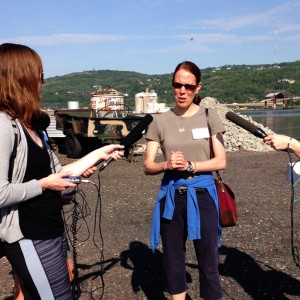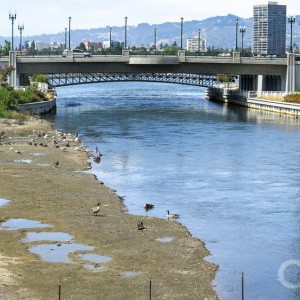The Stream, July 14: Zimbabwe Illegal Gold Mining Contaminates Drinking Water
The Global Rundown |
Illegal gold mining in Zimbabwe is contaminating drinking water supplies, while children in Syria are at increasing risk from waterborne diseases. Fuel shortages in Yemen could turn deadly, aid agency Oxfam warned. Thailand’s government will loan billions to help farmers cope with drought.
“There are no jobs and children are not going to school. They are all coming here to earn a living. Women too have joined the bandwagon. The situation is really bad.”–Maxwell Teedzai, a resident of Penhalonga, Zimbabwe, on an increase in illegal gold mining activity in the region. The miners use mercury to extract the gold, contaminating rivers and drinking water. (Reuters)
By The Numbers |
$1.77 billion Amount of loans approved by Thailand to help farmers who have been negatively affected by a drought. The government approved loans to 1 million farmers. Reuters
Science, Studies, And Reports |
Thousands of cases of waterborne diseases like typhoid and acute diarrhea are being recorded in Syria, where water infrastructure and supplies continue to deteriorate due to fighting, according to the United Nations Children’s Fund. Children are at “severe risk” from these health problems, the organization said. United Nations News Centre
On The Radar |
Fuel shortages in Yemen, caused by fighting and blockades, could “kill more people than bullets or bombs,” according to the country director for international aid agency Oxfam. Water pumps do not work without fuel, and food supplies spoil, the director said. Reuters
A news correspondent for Circle of Blue based out of Hawaii. She writes The Stream, Circle of Blue’s daily digest of international water news trends. Her interests include food security, ecology and the Great Lakes.
Contact Codi Kozacek







Leave a Reply
Want to join the discussion?Feel free to contribute!